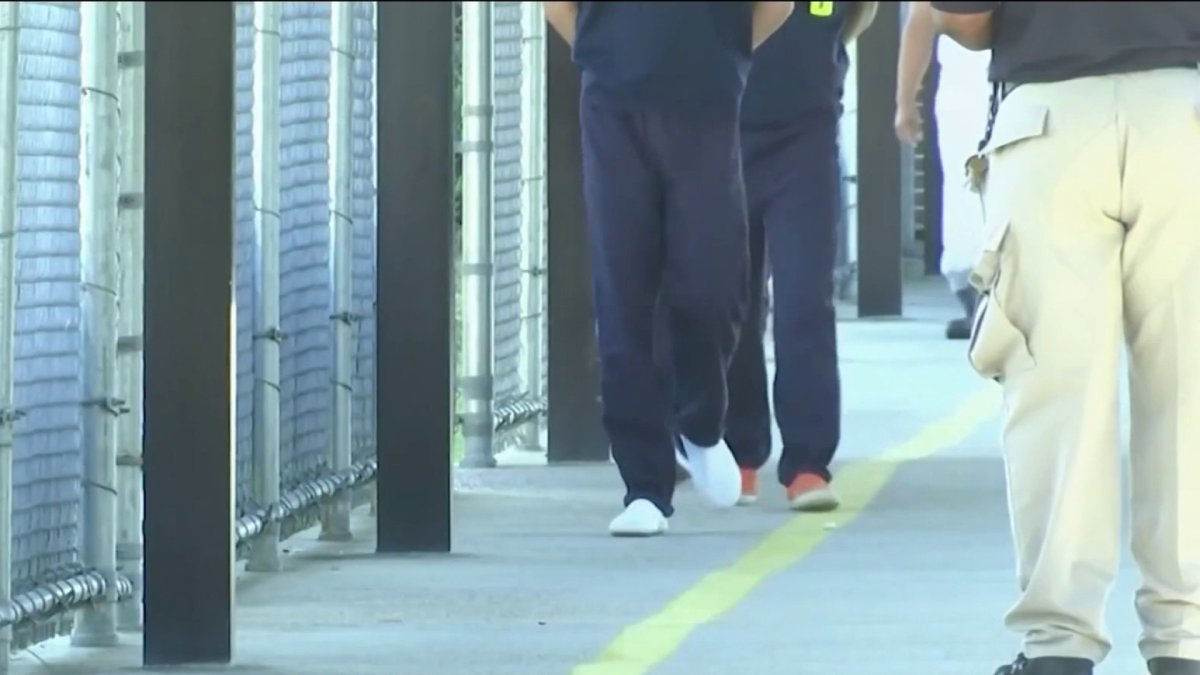Nicaraguan families who arrived in the United States two months ago have been living in a church in northwest Miami-Dade for a month, but there are no conditions there and now their time is running out.
“The situation we experienced, you just have to live it to tell it,” reveals one of the people concerned.
Nicaraguan mother Dina Gabriela Díaz remarks that “the place is very small and there are too many children. We have to sleep on the floor. There is no space, it is a church. It’s not a house.”
These two Nicaraguan families, made up of five adults and eight children, the youngest of whom has just turned one month, are living an odyssey.
“The pastor of the church is very nice. It has helped us all the time we have been here,” says Díaz.
But neighboring businesses have complained and now in this place they don’t want to renew permits to keep the church running.
The concern of Carlos Francisco, a Nicaraguan father, is that “the houses in which we have asked are more than a thousand and we do not have this money because we do not have work”.
So in the next few hours, they could be on the street.
Meanwhile, Carlos Francisco wonders: Where are we going to end up?
Xochilth Díaz reveals that they “went to many places asking for help, but the doors were closed to us”.
These families say they left Nicaragua because of the country’s political crisis, but they describe the journey as dangerous and traumatic.
“They wanted to steal my two-year-old daughter…they wanted to kidnap her in Mexico,” Dina Gabriela Díaz recalls.
At the border, they received parole, but they did not know how to process their work permits.
“Wherever we go to work, they ask us for our papers,” explains Xochilth Díaz.
While Dina Gabriela Díaz explains that one of the children “was born here and so far we have not received any help from the government, nothing”
Although they assure that they do not want “to live on aid but now they are very necessary because we have children”.
Their call is for solidarity, they say they only need a helping hand, the rest is up to them.
“We went to ask for help, but it is only available for Cubans and Haitians. We need help for us Central Americans,” warns Xochilth Díaz.

